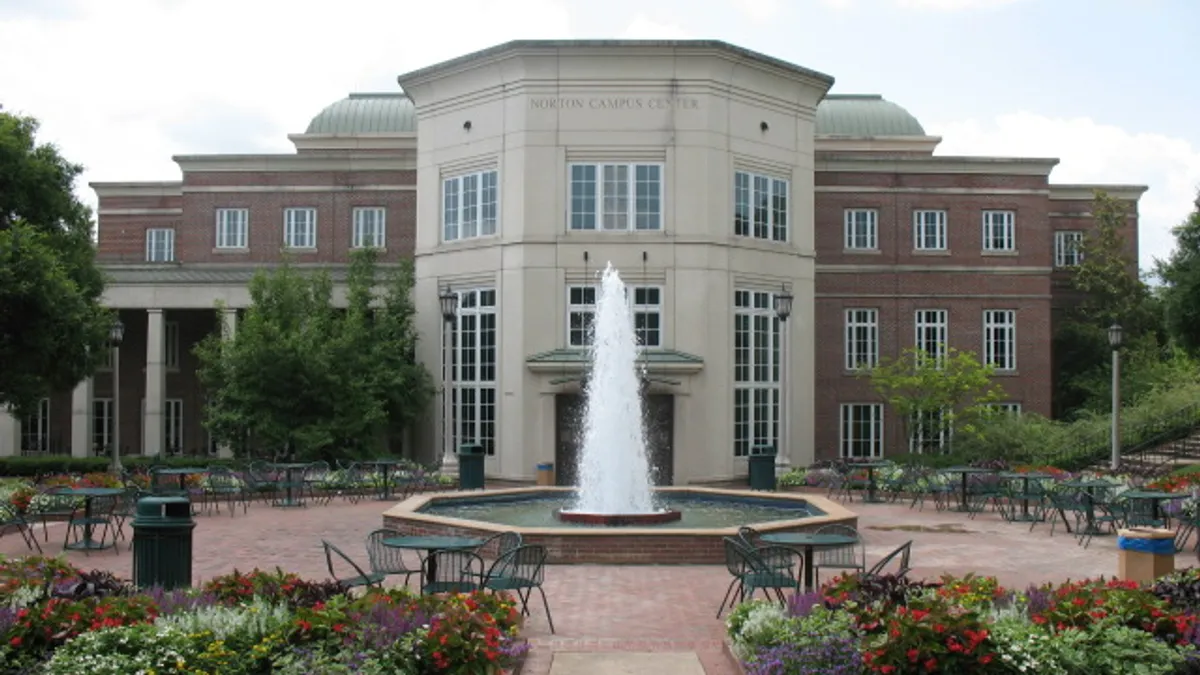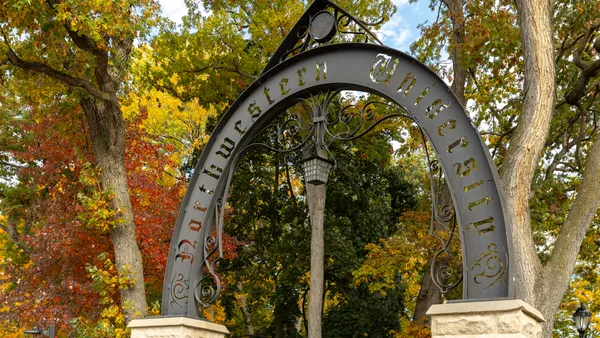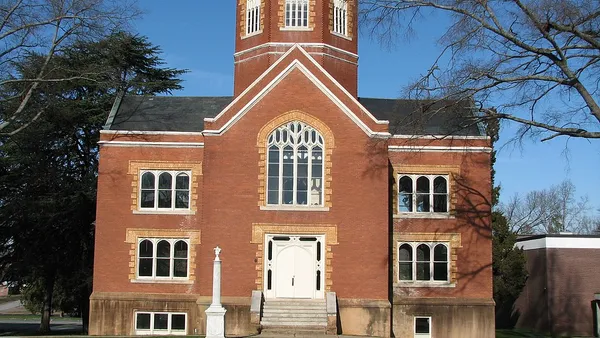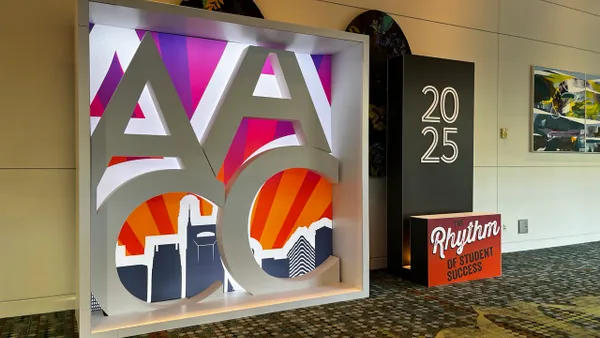Dive Brief:
- Birmingham-Southern College, a private liberal arts institution in Alabama, faces financial ruin and cannot stay open past May without new funding, according to state legislators.
- The roughly 1,000-student college is seeking $37.5 million in government money, which would serve as a stopgap while it ramps up a colossal fundraising effort, its president, Daniel Coleman, said in a statement.
- Thus far, Coleman “has secured firm commitments from hundreds of private donors” totaling $45 million toward a $200 million goal by May of 2026. This funding would help refresh the college’s endowment.
Dive Insight:
Private colleges with small enrollments were among those experts predicted would falter the most amid the economic turbulence of the coronavirus pandemic.
A few of those institutions have announced their closures this year, including most recently Cazenovia College, a private nonprofit in central New York. It said this month it will shut down at the end of the academic year.
However, federal COVID-19 relief packages, which delivered billions of dollars in aid to the higher education sector, likely insulated other at-risk colleges.
The relief legislation also earmarked money for state governments. Birmingham-Southern is asking Alabama for $12.5 million from the state’s share of one of those aid bills, the American Rescue Plan Act, which Congress passed last year.
It also wants $17.5 million from Alabama's Education Trust Fund, which pays for public education in the state. And it’s requesting $5 million from the City of Birmingham and $2.5 million from Jefferson County.
“We believe Birmingham-Southern College’s contributions to the greater Birmingham area and the state warrant such an investment, which is clearly permissible under state law and for which there is considerable precedent,” officials said in a statement Saturday.
Two lawmakers who represent Birmingham-Southern’s area said in a letter that without state support, the college will close and inform high school seniors by mid-January that it won’t accept applications.
Policymakers met Monday to discuss Birmingham-Southern’s future. News reports say lawmakers will present the plan for bailout funding to Gov. Kay Ivey, a Republican, in the next couple of months.
Birmingham-Southern’s financial woes have been mounting for some time. College leaders blamed part of them on an aggressive “building program” from the mid-2000s, as well as the Great Recession and errors in accounting federal financial aid.
Moody's Investors Service, one of the major credit rating agencies, in January downgraded the college's bonds.
It had already rated the college’s outlook as negative. Birmingham-Southern had a “perilously low” amount of cash on hand — 24 days’ worth — at the end of its fiscal year in May 2021, Moody's said then.
By that time, the U.S. Department of Education had determined Birmingham-Southern needed additional financial oversight.
The college, according to audited financial statements, earned a 1.3 on its federal Financial Responsibility Composite Score, which runs on a scale from -1 to 3.
Colleges must receive at least a 1.5, based on a number of metrics, to be considered financially responsible. Those who earn a lower score than that are subject to more Education Department scrutiny.
The college’s enrollment has also been falling, from 1,346 students in fall 2015 to 1,058 students in fall 2021, according to federal data.
Financially rocky colleges have been saved with government help.
Cheyney University — the oldest historically Black institution in the U.S. and part of the public Pennsylvania State System of Higher Education — came back from the brink of financial destruction in 2019 after state officials worked to save it.
Gov. Tom Wolf, a Democrat, at the time promised to forgive about $40 million in loans Cheyney owed the system.













